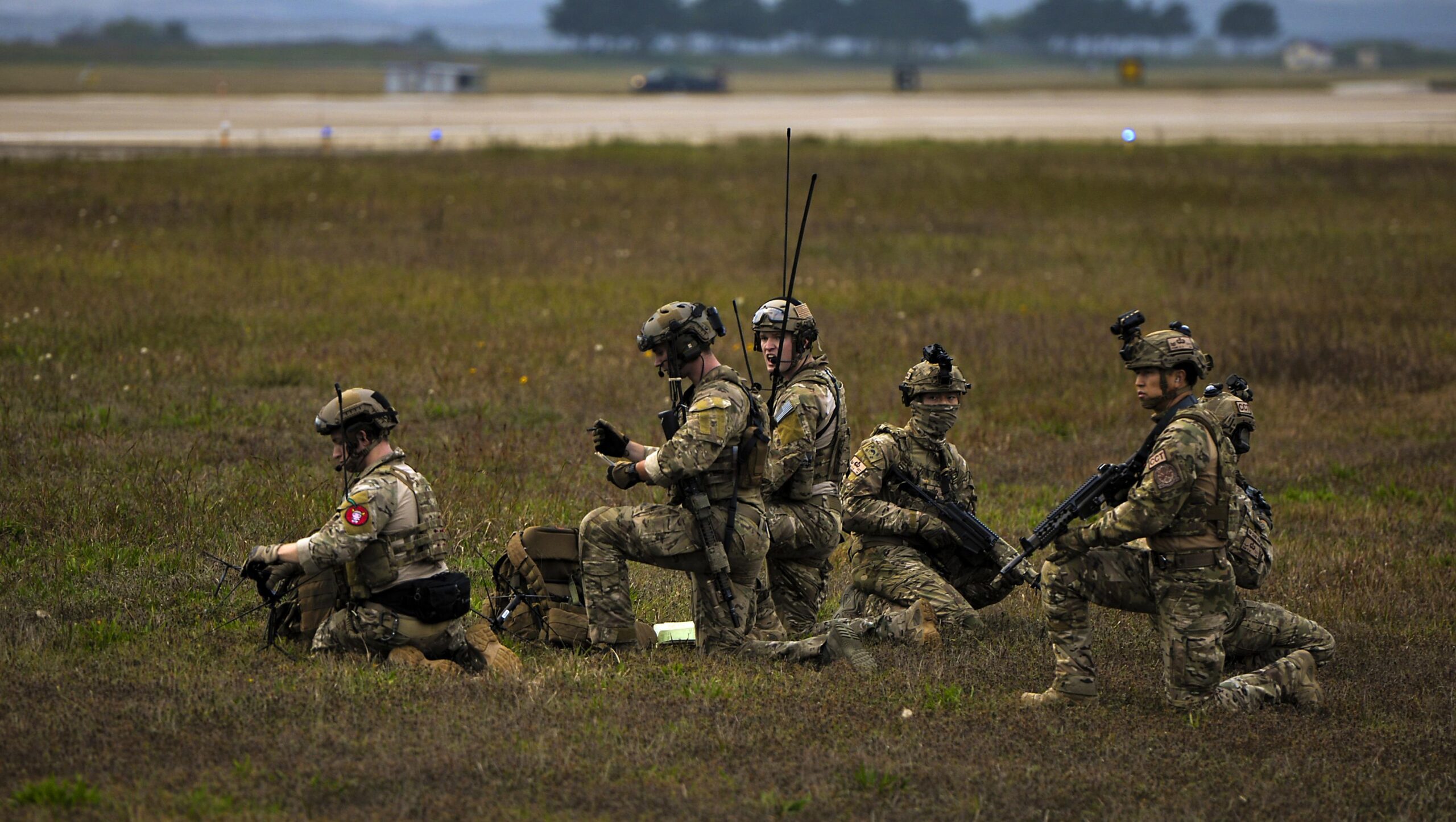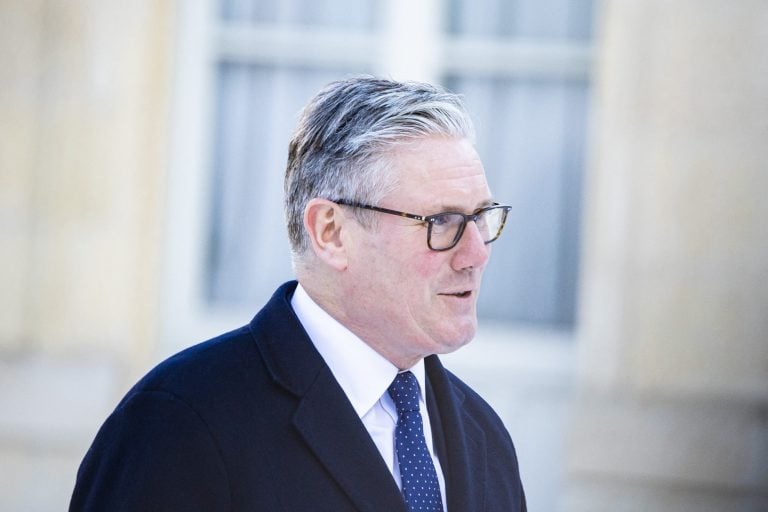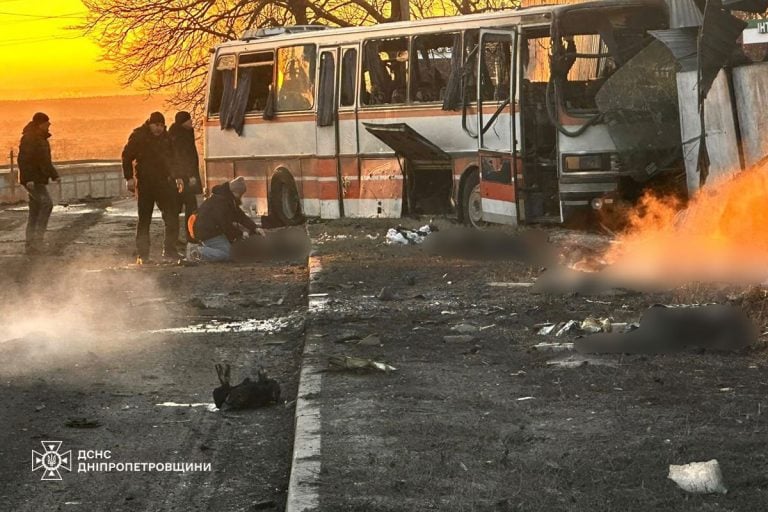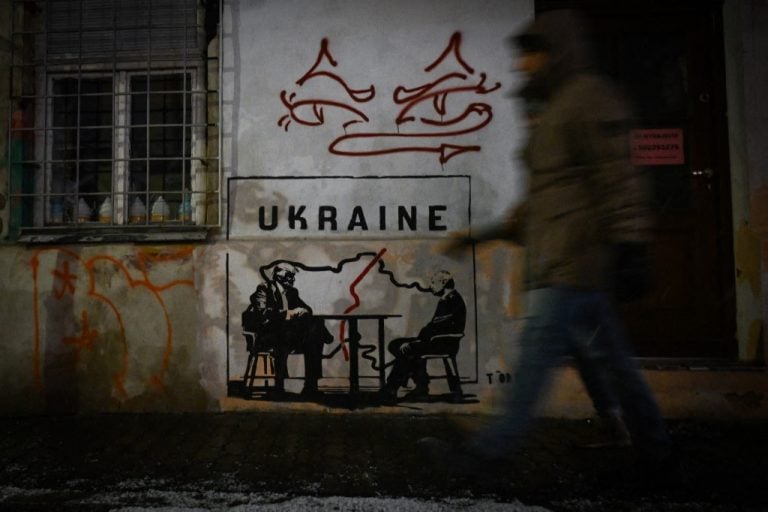Donald Trump’s anticipated return to the White House has sparked new concerns in South Korea regarding the durability of the long-standing US-South Korea alliance. Once regarded as “ironclad,” the partnership now appears to be under increased strain, with a second Trump administration likely to prioritize burden-sharing and transactional diplomacy over mutual trust.
As North Korea escalates its military threats, especially regarding nuclear capabilities, the need for South Korea to adapt to this shifting dynamic has become critical. Trump has reignited negotiations on cost-sharing, insisting that South Korea contribute more financially for the presence of US forces. In tandem, his administration has hinted at reevaluating America’s security commitments, including those related to nuclear deterrence, core components of the ally’s defense setup.
These developments raise alarming questions about the implications of conditional security guarantees, a reality South Korea had hoped was behind it. Concurrently, North Korea’s intensifying missile and nuclear weaponization efforts complicate the security landscape. The regime’s push to enhance its arsenal, involving submarine-launched missiles and hypersonic capabilities, threatens to tax allied responses, potentially leading to strategic delays during crises.
Seoul’s confidence in Washington’s extended nuclear deterrence is dwindling. Although mechanisms like the Nuclear Consultative Group remain in place, doubts over Trump’s willingness to confirm nuclear support without clear benefits for the US compound fears that Washington might hesitate under pressure.
With Trump’s return, a strategic divergence is becoming increasingly evident. The US seeks a more active South Korean role in countering China in the Indo-Pacific, yet South Korea remains hesitant, concerned about jeopardizing its economic links with Beijing. This growing pressure to align risk destabilizing domestic politics in Seoul and can constrict its diplomatic maneuvering.
At the operational level, the rift is evident as disagreements over participating in US-led maritime missions in contested waters unfold. These unresolved discrepancies could jeopardize joint military readiness and communication, leading to potential delays in responding to future regional crises.
Tensions are also palpable in the realm of defense industry cooperation. Trump’s “America First” stance may foster increased protectionism, aimed at ensuring American firms have priority in defense contracts. This view holds especially in light of South Korea’s successful arms exports to nations like Poland and Australia, considered competitive threats rather than collaborative opportunities.
In light of the evolving alliance, South Korea is facing a narrowing set of strategic options. It could push for more robust defense cooperation mechanisms with the US, emphasising integrated command structures and shared crisis protocols. Alternatively, the nation might diversify its security partnerships with allies such as Australia, the UK, and even NATO.
A more drastic idea gaining traction among South Korean constituents is the development of an independent nuclear deterrent, despite expected international backlash, including from the US. This reflects a pressing urgency for South Korea to secure strategic autonomy in light of uncertainties surrounding US commitments.
Trump’s second term could ultimately challenge the very foundation of the US-ROK alliance and signify South Korea’s vulnerability in depending on a single external guarantor. As strategic competition escalates across various domains, Seoul will need to refine its defense posture. Building a more resilient and flexible strategy – one that supports the alliance without presuming its permanence – should be paramount.
In this changed landscape, South Korea’s national defense policy must incorporate principles of strategic autonomy, industrial self-sufficiency, and diversified partnerships. In Trump’s diplomatic environment, loyalty emerges as a negotiable component. For Seoul, ensuring robust deterrence must transition from mere promises to substantive guarantees.







